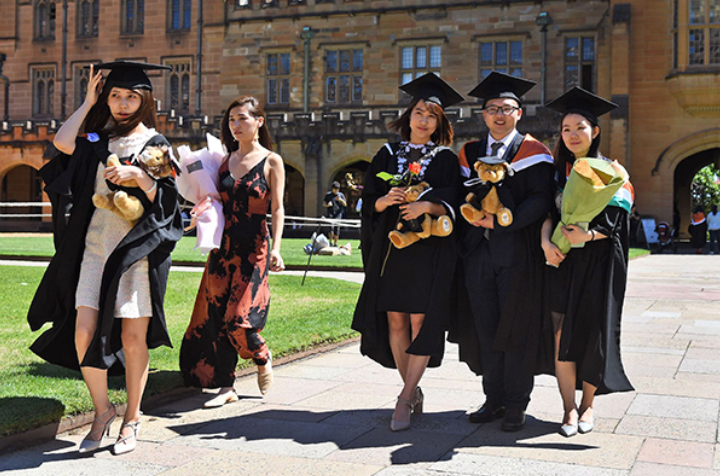Australia’s New National Planning Level Policy
The Australian government recently advanced its long-anticipated policy on international students, setting a cap of 270,000 students beginning in 2025. News of this cap has sent shockwaves through the international education community, with many questioning if studying in Australia might soon become a dream of the past. Here’s a deeper look at what’s behind this policy shift and what it means for prospective students.
NPL: The Real Story Behind the Cap
The new National Planning Level (NPL) aims to limit the number of international students in higher education to address the growing strain on infrastructure and population density in Australia’s major cities, such as Sydney and Melbourne. Over the years, these cities have faced serious issues with housing shortages and traffic congestion due to the steady rise in international students. The government’s stance is that by capping student numbers, it can alleviate these pressures, improve living conditions, and enhance the quality of education.
It sounds reasonable on the surface, but is it the whole story? And as an international student, how should you navigate these changes?
To understand the impact of this policy shift and prepare yourself to stand out amid rising competition, let’s explore three key motivations behind the policy and a “secret weapon” to help you succeed in your study and migration goals.
#1 Election Concerns

The timing of this policy is closely tied to Australia’s upcoming elections. Recently, many Australians have voiced frustrations about the influx of international students, viewing it as a threat to local job opportunities, especially since numbers surged after pandemic restrictions lifted. By setting a cap on student numbers, the government may hope to regain local support ahead of the election, as highlighted in the popular series Suits: “It doesn’t take a rocket scientist to figure that one out.”
And what about international students? Unfortunately, since students can’t vote, they lack any real say in these decisions. However, given the significant economic contribution of international students to Australia (as the country’s fourth-largest economic sector), there’s a chance the policy could be softened post-election.
#2 Blaming Rising Housing Prices

Beyond job competition, international students are also often blamed for Australia’s rising housing prices. Some Australians claim that students renting or purchasing properties have driven up costs, making housing unaffordable for average Australians.
Despite such sentiments, it’s worth noting that international students make up only about 4% of the housing market. In reality, many factors contribute to high housing prices, such as economic policies and the government’s own inaction. However, international students have become convenient scapegoats in this debate.
#3 The Global Talent Competition

Nations worldwide are in a fierce competition to attract top talent, and international students are not always the first choice when it comes to skilled migration. This is reflected in the NPL cap, which is set even lower than the number of higher education students registered during the pandemic, which peaked at around 360,000. With the 270,000 cap, the government aims to strike a balance—welcoming high-performing students while screening out those who may be less competitive in Australia’s job market.
How Will This Affect Future Students?

This policy is likely to increase competition among international students:
- Higher Admission Standards: With fewer spots available, universities may raise entry requirements, making it critical for students to stand out academically and professionally.
- Increased Costs: Competition could also drive up tuition fees and housing costs, as demand remains strong.
 If you’re planning to apply before 2025, consider submitting your application as soon as possible to avoid these changes. However, if you must apply after the cap takes effect, be sure to strategize and prepare well in advance. Focus on strengthening your academic performance, extracurricular activities, and relevant internship experience to boost your profile.
If you’re planning to apply before 2025, consider submitting your application as soon as possible to avoid these changes. However, if you must apply after the cap takes effect, be sure to strategize and prepare well in advance. Focus on strengthening your academic performance, extracurricular activities, and relevant internship experience to boost your profile.
The “Secret Weapon” in Studying and Migrating to Australia
In the near future, student policies are expected to become even more stringent, leading to fiercer competition. So, what’s the key “secret weapon” that can help you stand out in this challenging environment? It’s work experience.
As the number of international students increases and more candidates compete for limited spots, having relevant work experience will be essential to differentiate yourself. Relying solely on an academic degree without practical experience will likely no longer be sufficient. Building hands-on experience in your field will be critical to your success.
To stand out, it’s essential to have a personalized plan that aligns with your background and career goals. And if you’re concerned about finding the right job or gaining relevant experience, you might just need a bit of professional guidance.




